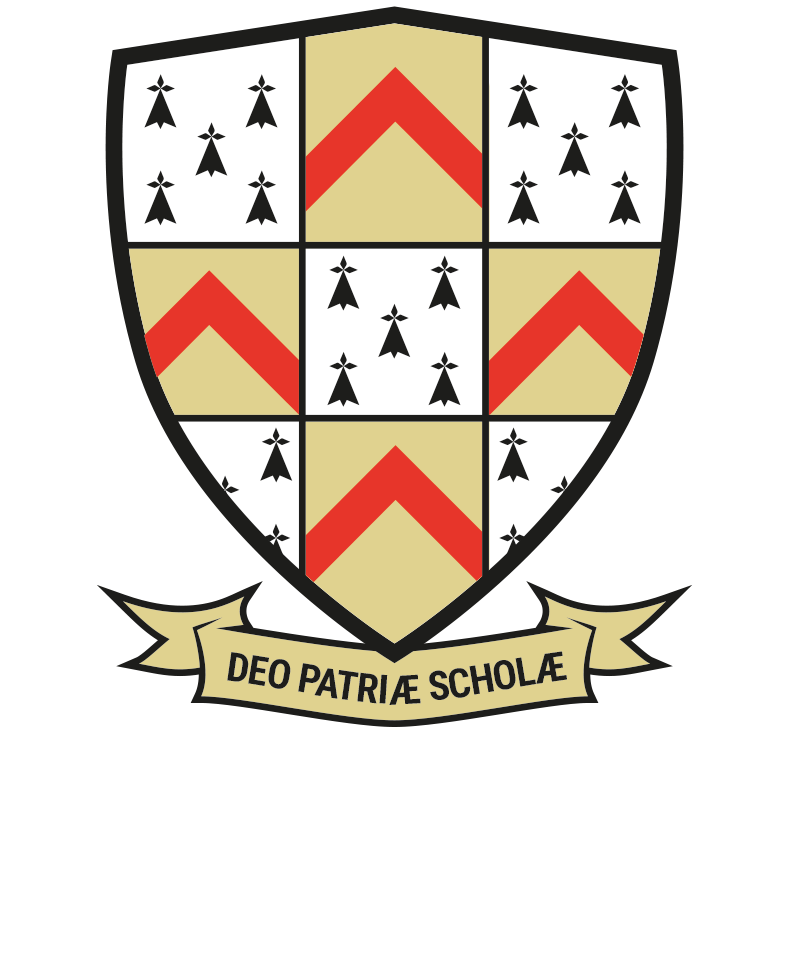19 Jul 24
Upcoming Events
See All EventsSorry - Javascript is required to view the calendar
House Eddie's
1920
Addison
1855
Clinton
1670
Darwin
1905
Garrick
